Health
-

6 keys to a long, healthy life (ice cream included)
Also, why reading Ben Franklin beats climbing Mount Everest
-

Six cancers rising faster in younger adults than older ones
Large new global study fuels growing concern over trend of increases in several types

-

What’s next for GLP-1s?
Scientists eye new treatment targets for popular weight-loss drugs, from heart failure to addiction
-

Pricey blockbuster GLP-1s are costing users — and most of the rest of us, too
Health insurers are passing along cost for coverage in form of higher rates across the board, policy researcher says
-

Drinking 2-3 cups of coffee a day tied to lower dementia risk
Caffeinated tea also found to slow cognitive decline in study

-

New AI tool predicts brain age, dementia risk, cancer survival
Unlike other AI models, BrainIAC needs limited data to ID key neurological health indicators

-
Why are young people taking fewer risks?
Psychologist describes generation overparented — but also overwhelmed by ‘frightening world’
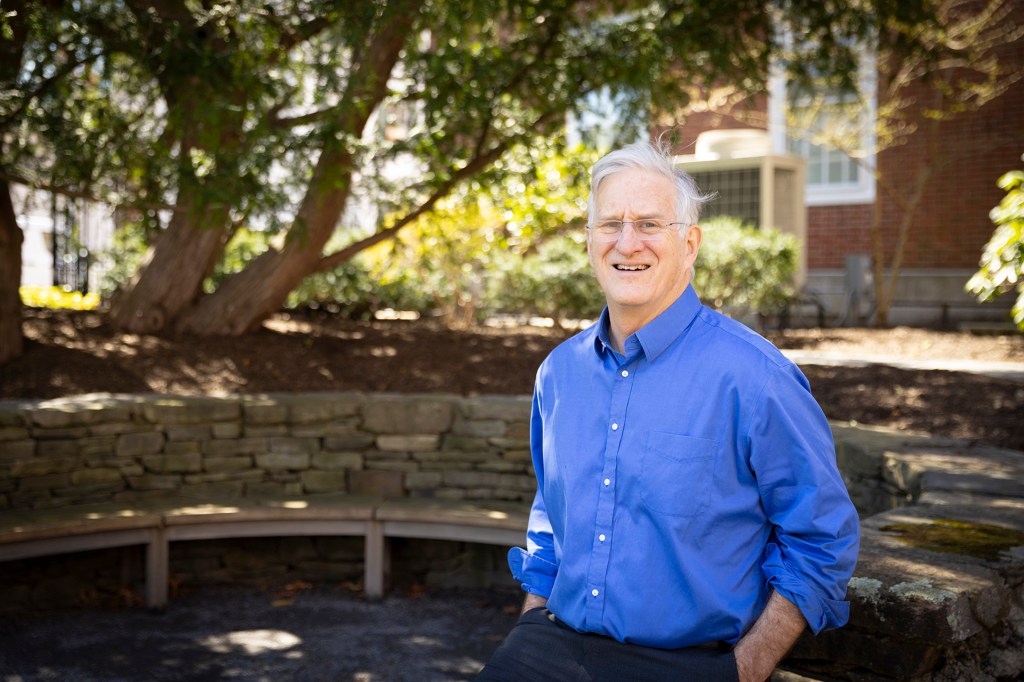
-
What might cancer treatment teach us about dealing with retinal disease?
Joan Miller’s innovative thinking led to therapies for macular degeneration that have helped millions, made her better leader
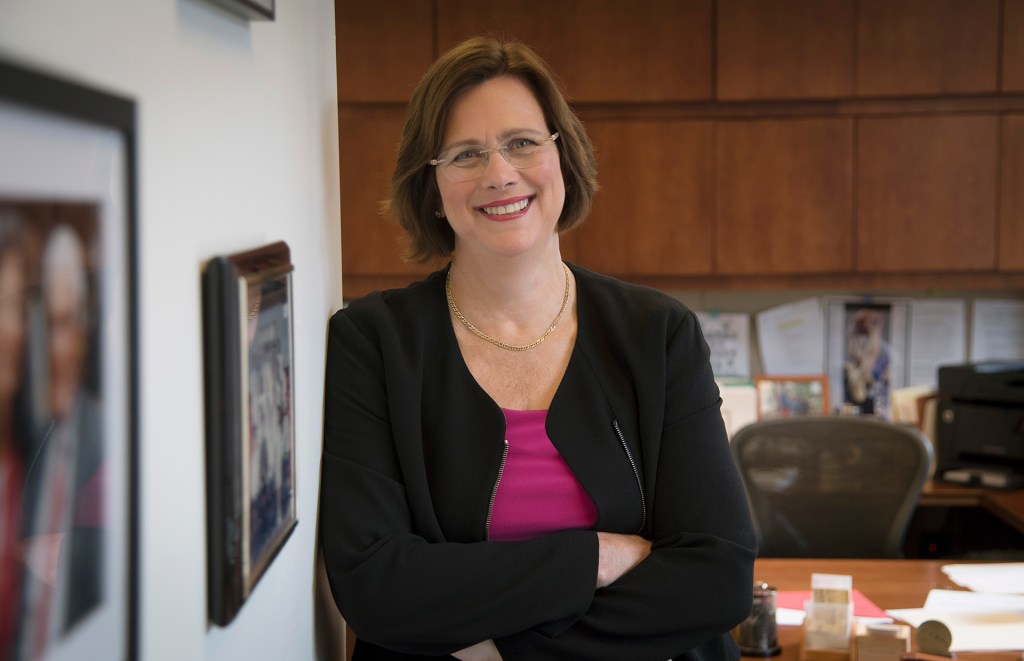
-
Cuts imperil ‘keys to future health’
Project has tracked lives, lifestyles, and well-being of cohorts over decades, led to insights, interventions in cardiovascular disease, cancers, nutrition
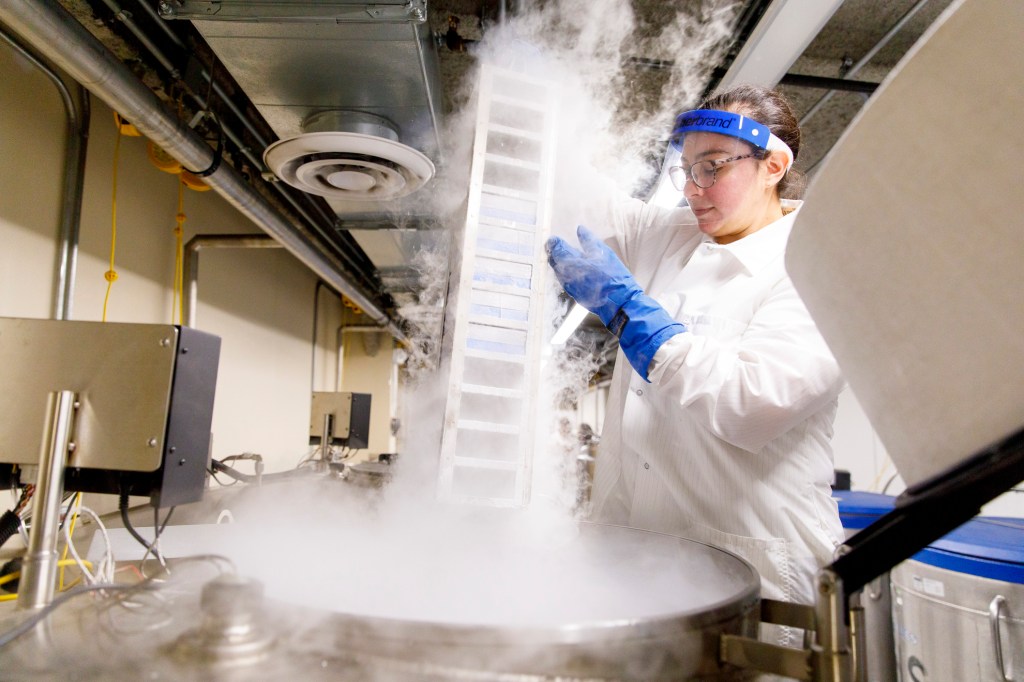
-
Hope for sufferers of ‘invisible’ tinnitus disorder
Researchers develop way to objectively measure common malady, which may improve diagnosis, help in developing therapies
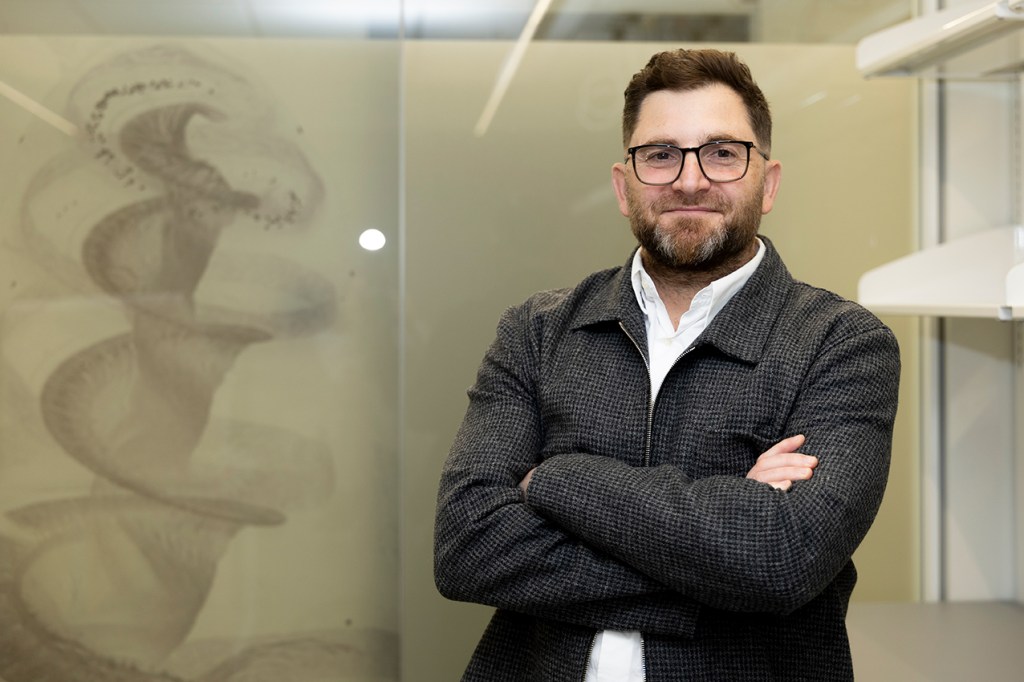
-
What your brain score says about your body
Simple tool can be used to identify risk factors for cancer and heart disease too, says new study
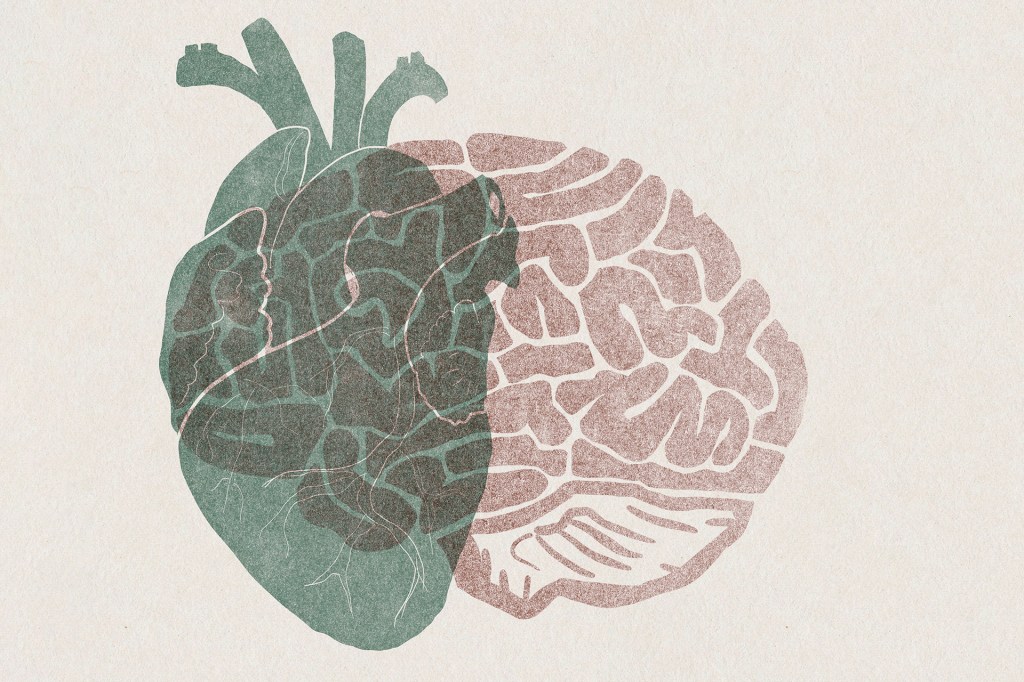
-
Son’s diabetes diagnosis sent scientist on quest for cure
Decades later, Doug Melton and team are testing treatment that could make insulin shots obsolete
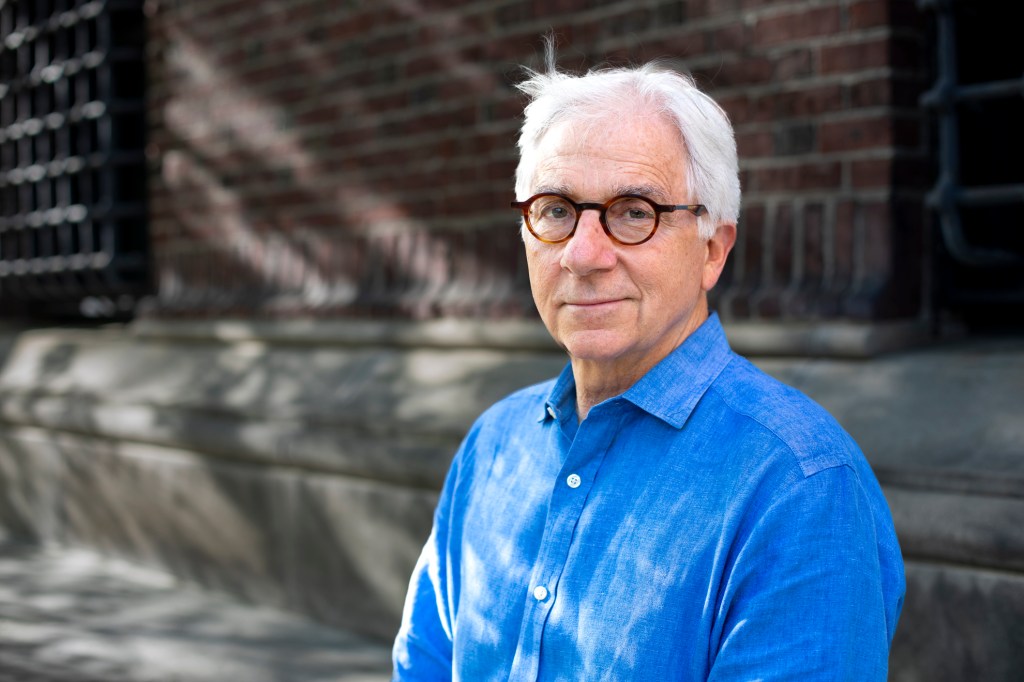
-
Wildfire smoke can harm heart and lungs even after the fire has ended
First study to fully assess its impact on all major types of cardiovascular, respiratory diseases

-
Young researcher’s ALS attack plan is now a no-go
Career award among casualties of ‘terrifying’ cuts affecting lab of David Sinclair
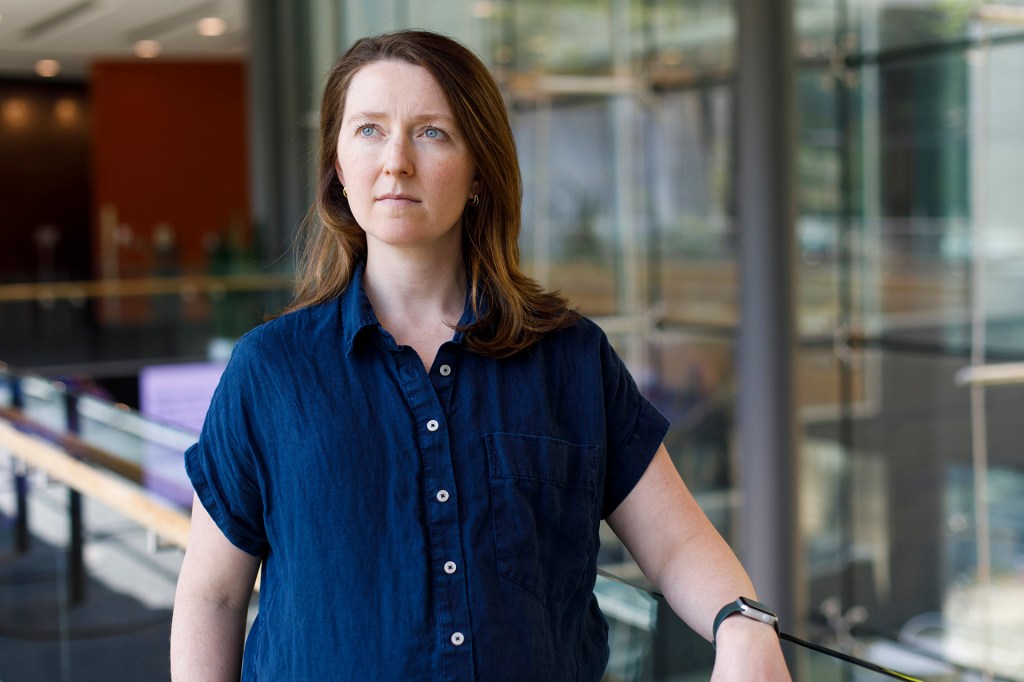
-
Miracle drugs don’t come out of nowhere
Healthcare, innovation experts say funding cuts to university labs will slow or stop basic research on which breakthroughs are built
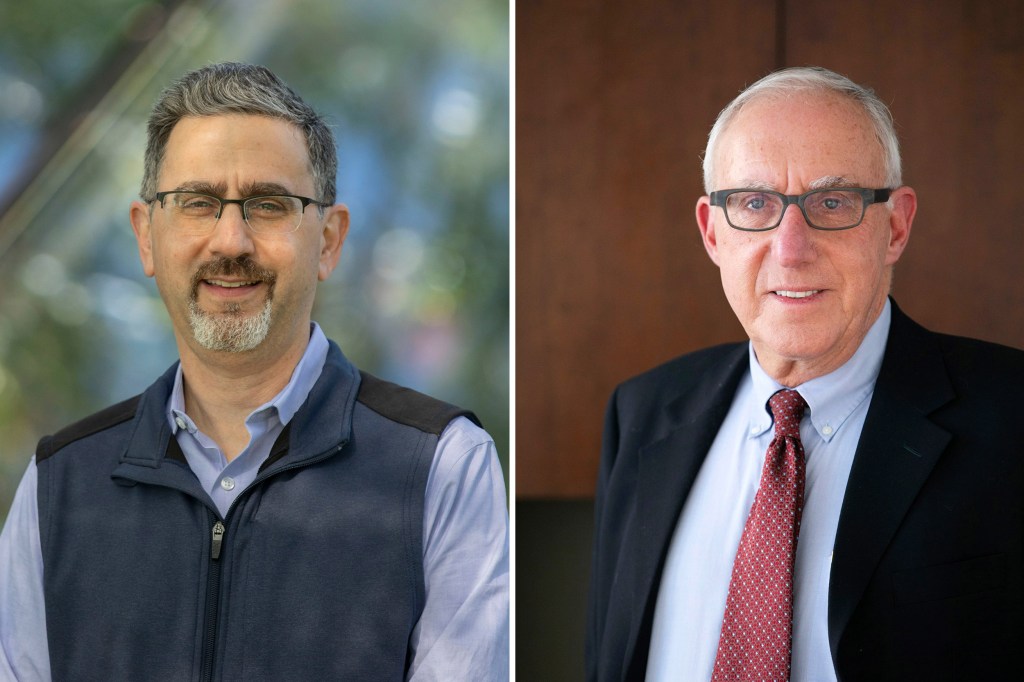
-
Vitamin D supplements may slow biological aging
Trial shows protection against telomere shortening, which heightens disease risk
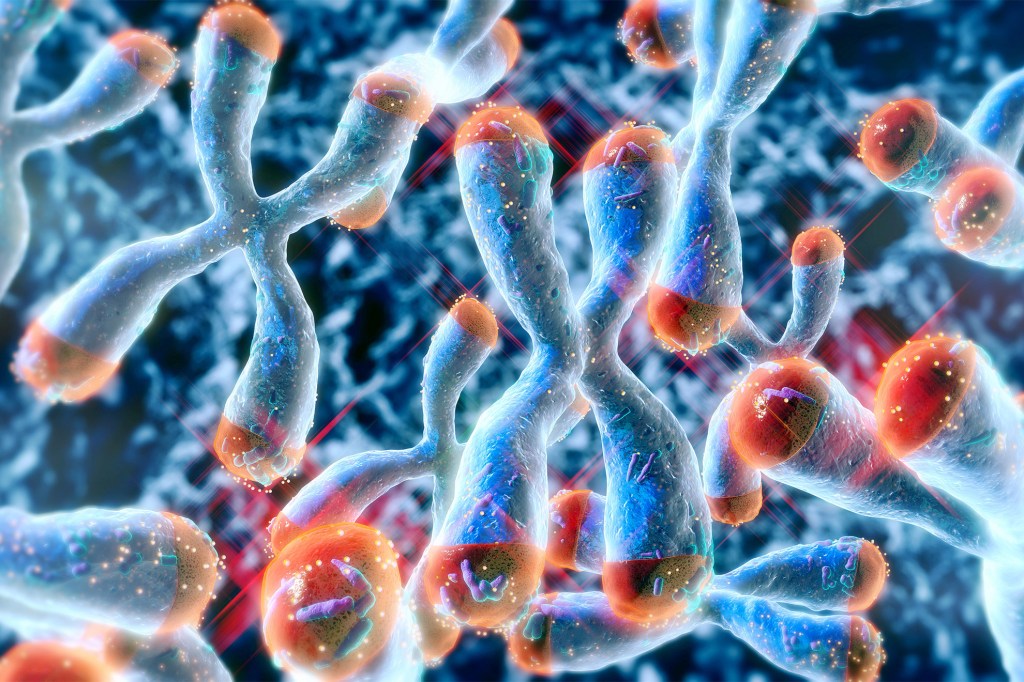
-
We know exercise is good for you. Why? He‘s working on it.
Expanding on decades of research, a new study seeks to pinpoint movement’s molecular benefits
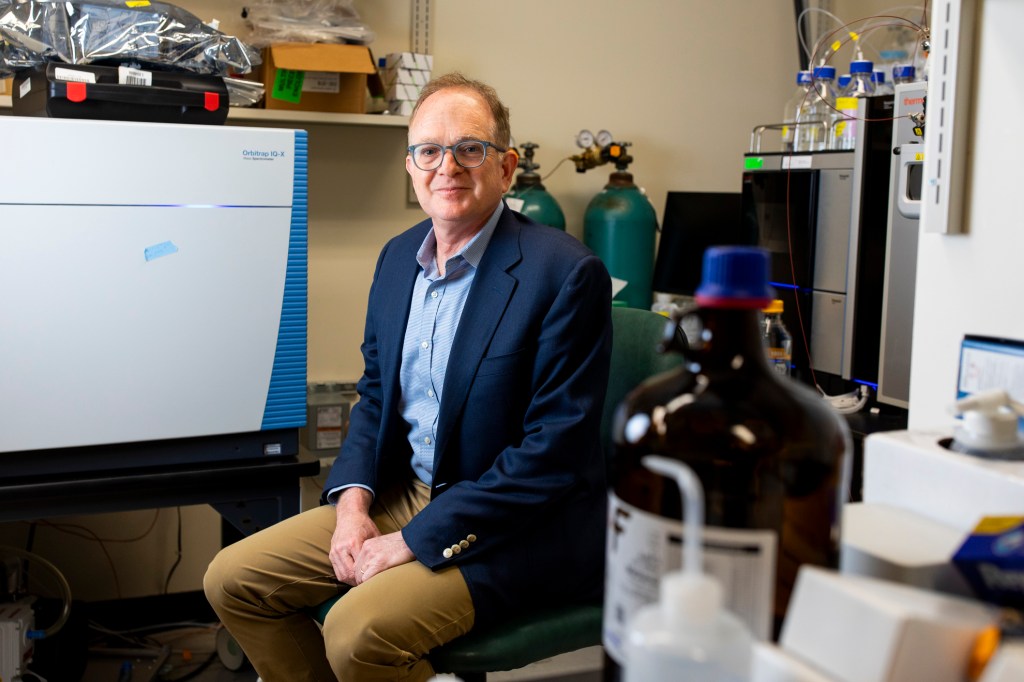
-
Do ultra-processed foods increase Parkinson’s risk?
New study finds people who consume higher servings are more likely to show early signs of the disease

-
‘Smoldering’ cardiovascular crisis
Downward trend in deaths appears stalled due to lack of urgency among doctors, patients, along with healthcare barriers
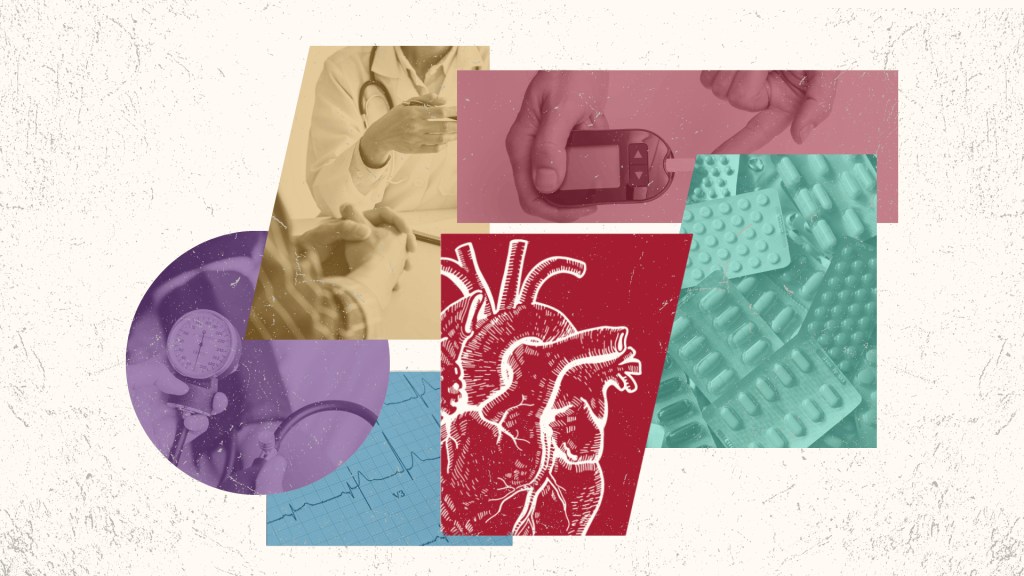
-
New AI tool predicts biological age by looking at a face
Deep-learning algorithm FaceAge uses snapshots, can help oncologists tailor treatments
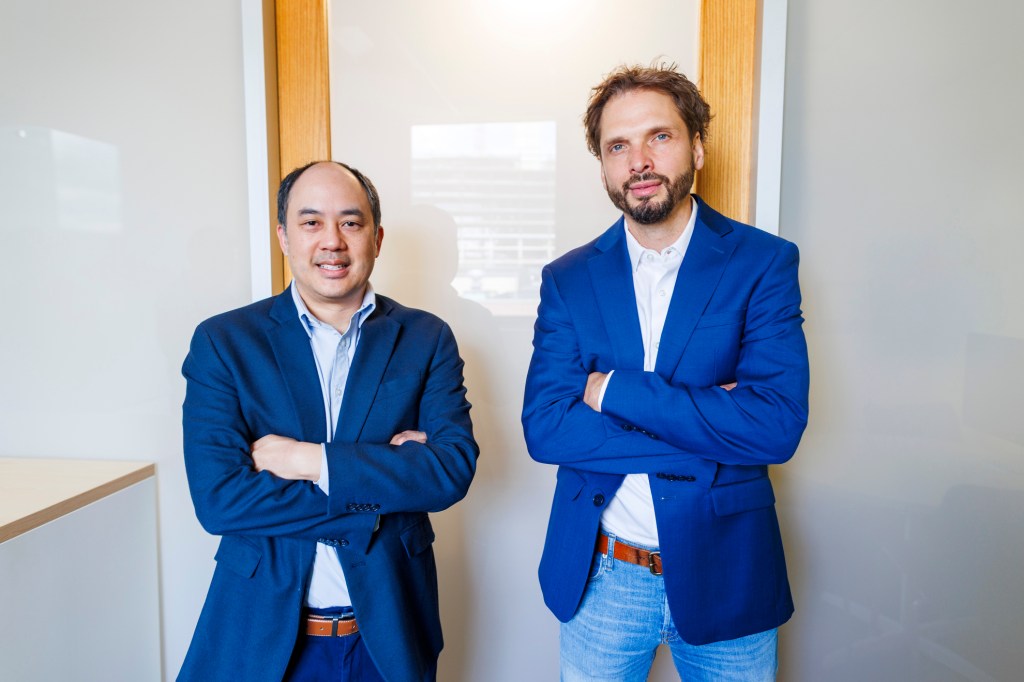
-
Why the Achilles is such a danger zone
With Jayson Tatum facing long road to recovery, surgeon explains force behind injury, how it’s repaired
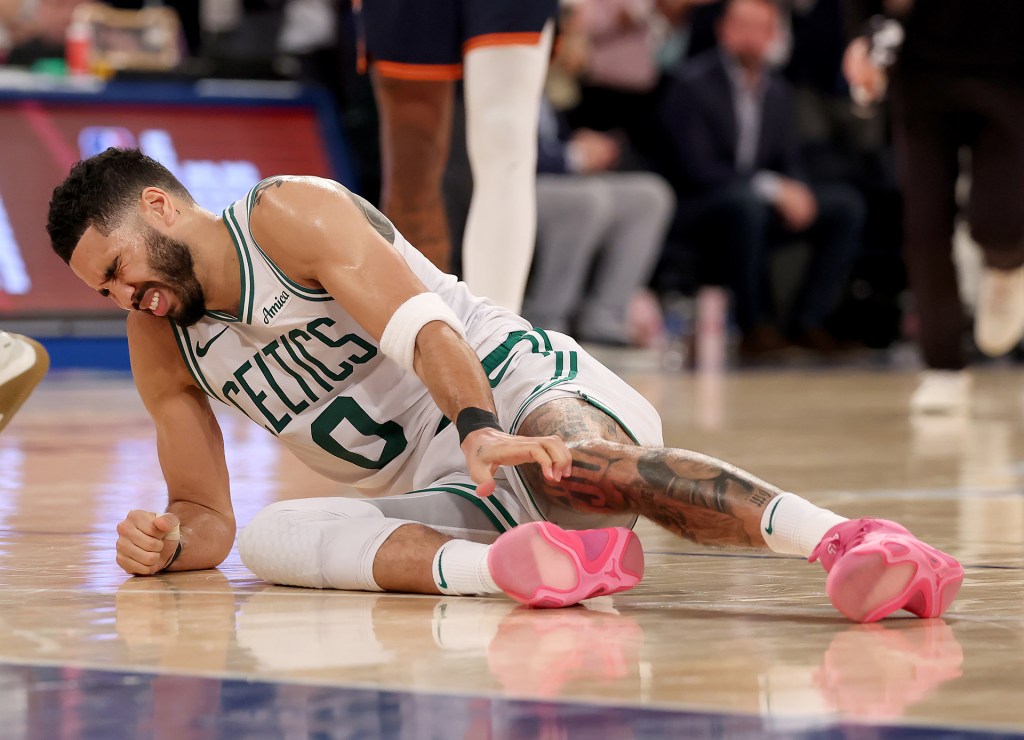
-
Tips for staying alive, decades in the making
JoAnn Manson has spent her career researching – and highlighting – how everyday choices influence health
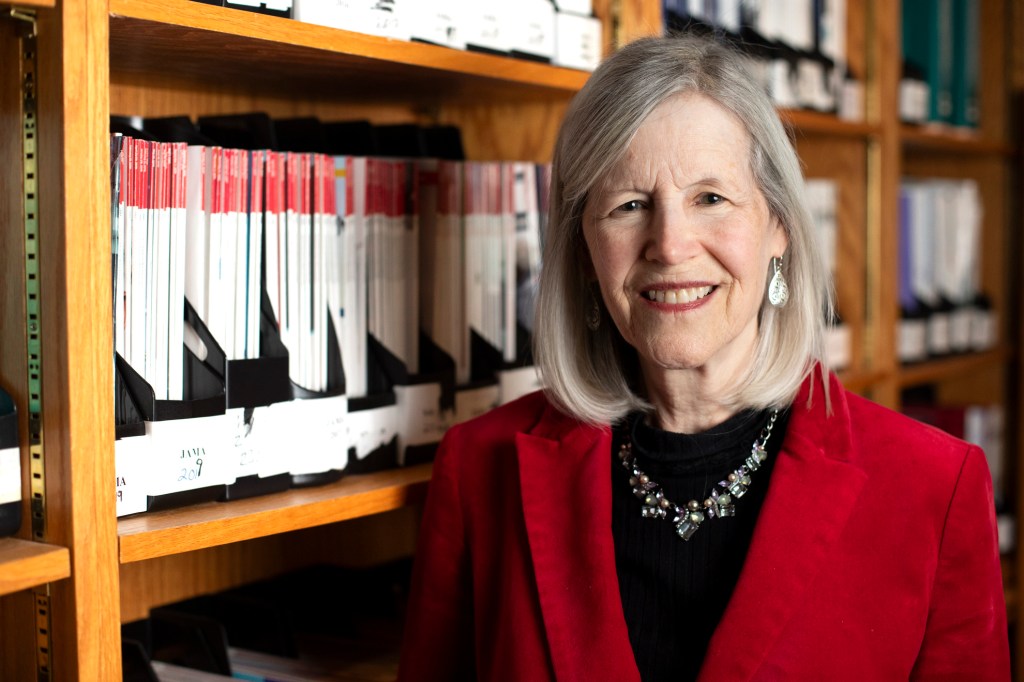
-
How young is too young? No such thing, apparently.
Specialist outlines impact of screen time on developing brains, from toddlerhood to teen years

-
When graphic design saves lives
AIDS public health poster collection illustrates communication in a crisis
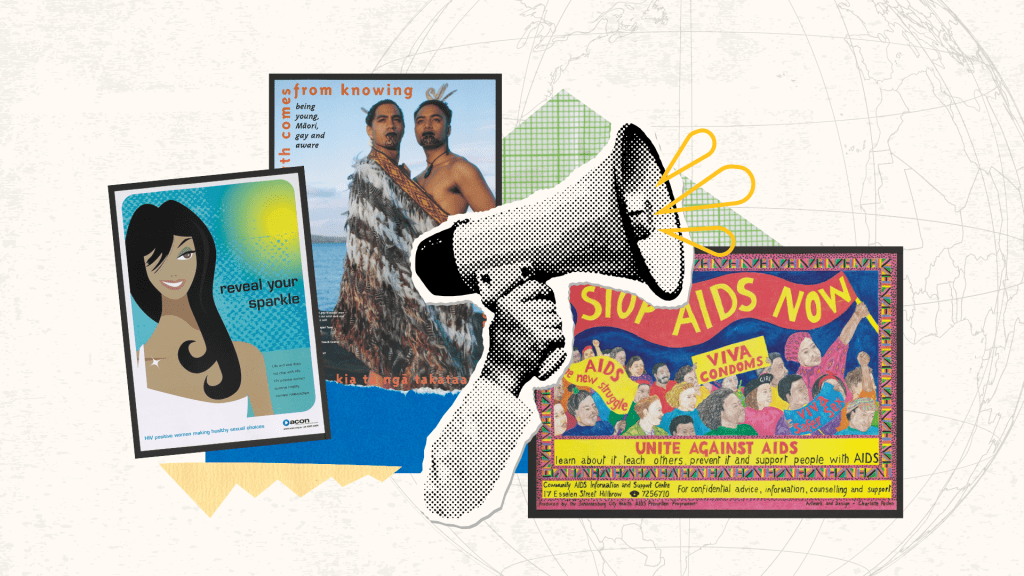
-
How just a fishing expedition helped lead to GLP-1
Story of game-changing therapy illustrates crucial role of fundamental research breakthroughs
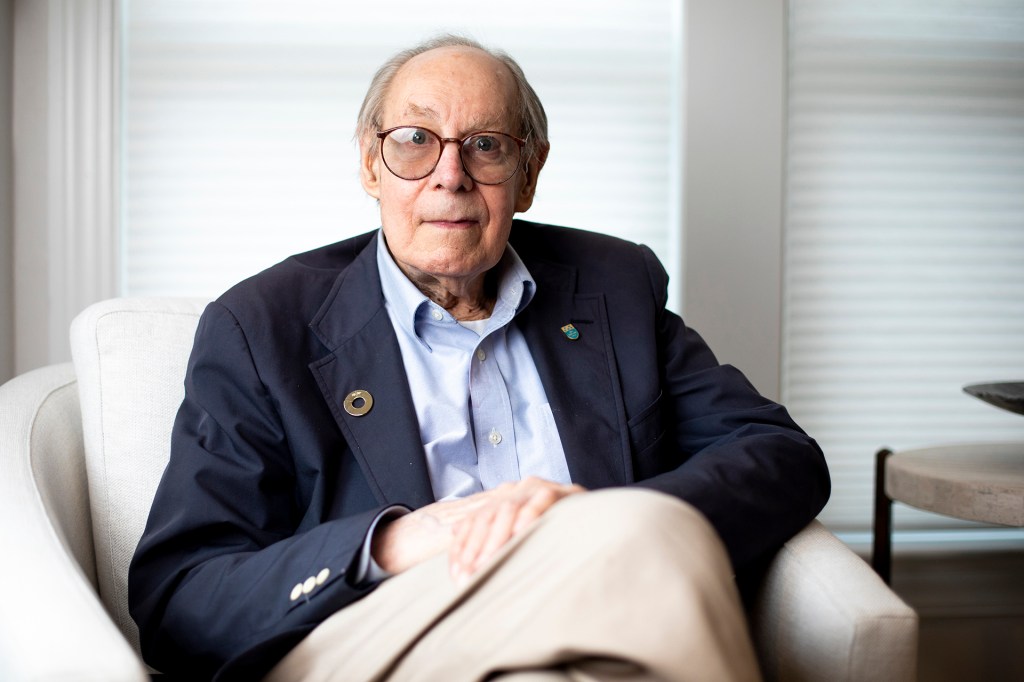
-
Tracking precisely how learning, memories are formed
Groundbreaking new technique may offer insights for new therapies to treat disorders like dementia
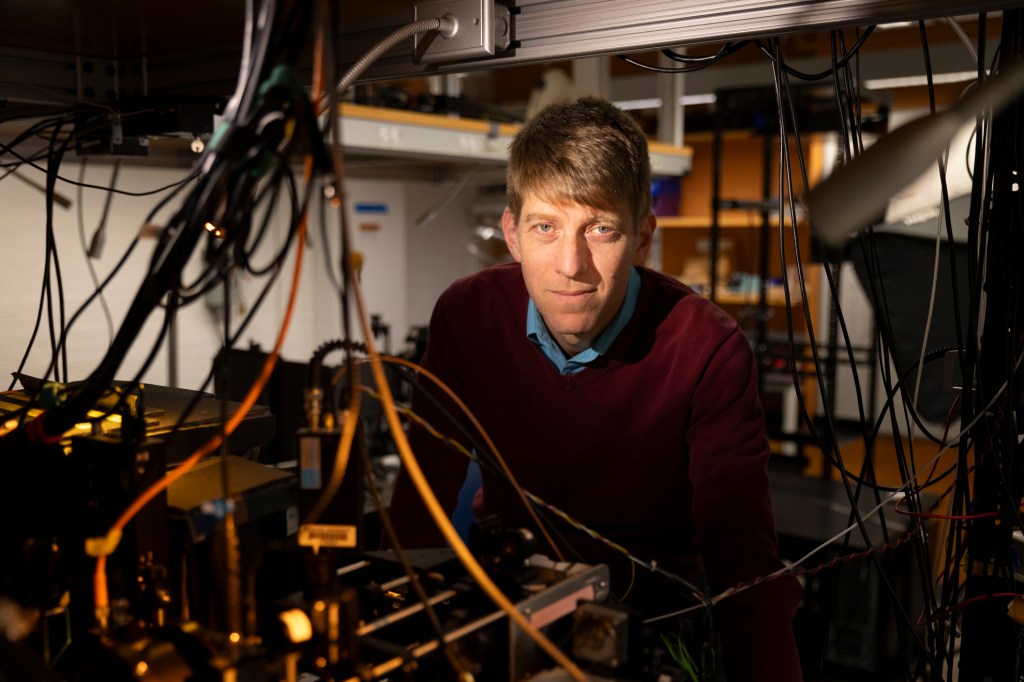
-
Earlier warning on pediatric cancer recurrence
AI tool does a better job predicting relapse risk than traditional methods in Harvard study

-
Worth the grind
Hard work of securing a federal grant pays off for researchers: ‘It means you can do something to try to help people.’
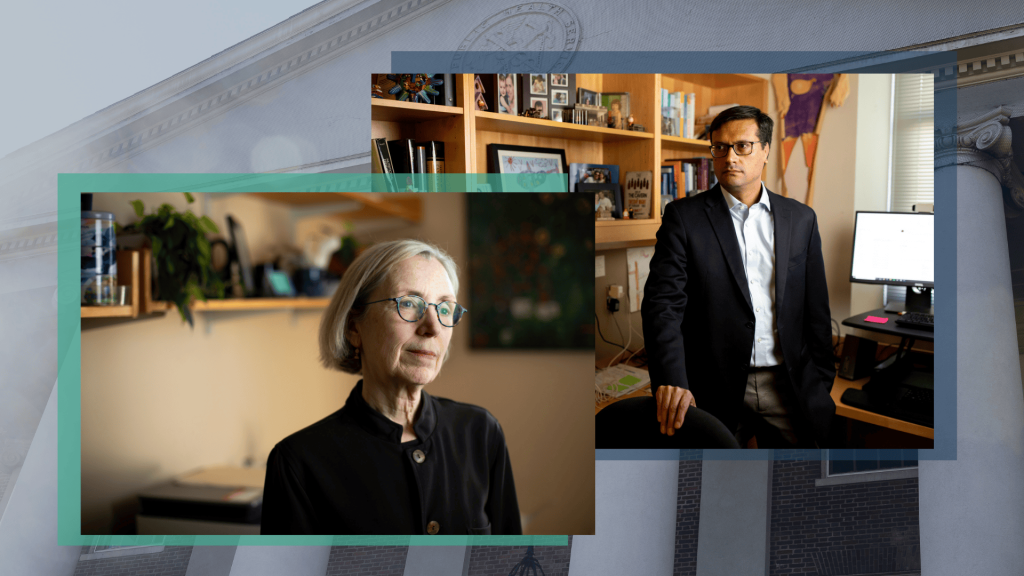
-
‘Devastating’ global health void, Gawande says
Surgeon-author speaks from his experience as a leader at USAID before it was gutted
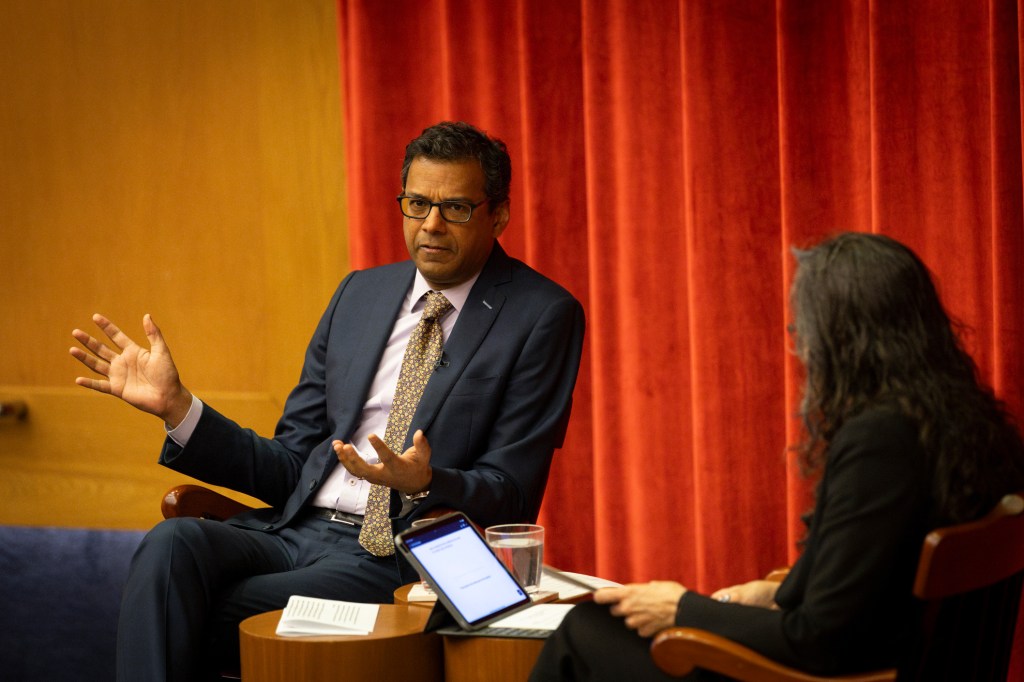
-
More proof that money isn’t everything
Major global study of flourishing ranks wealthy, lower-income nations, reinforces concerns over well-being among youth
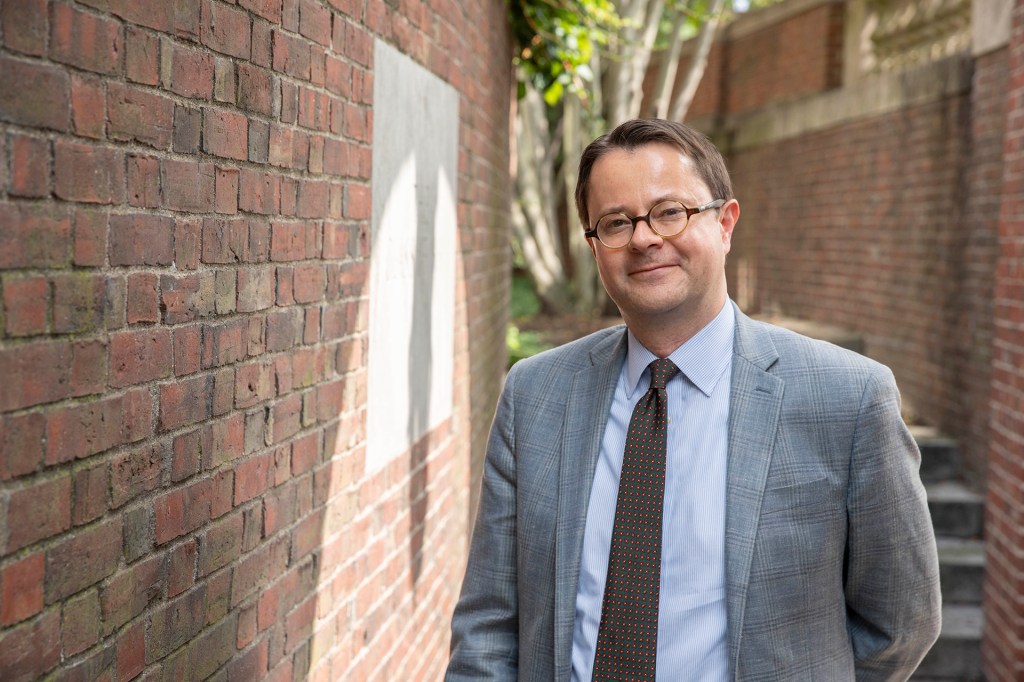
-
Fighting Alzheimer’s one discovery at a time
‘I was just following the science.’
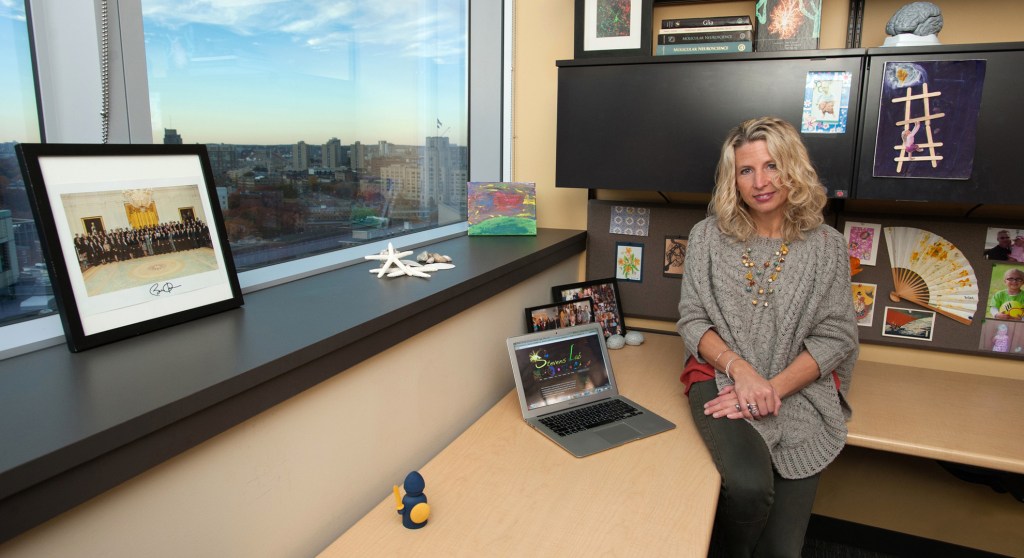
-
How halt in funding hurts efforts to ensure safety of patients in medical research
Stop-work order disrupts system that facilitates oversight of studies happening at multiple sites

-
Weighing cure for sick kids against troubling ethical questions
Science Center talk outlines potential and risks of gene editing
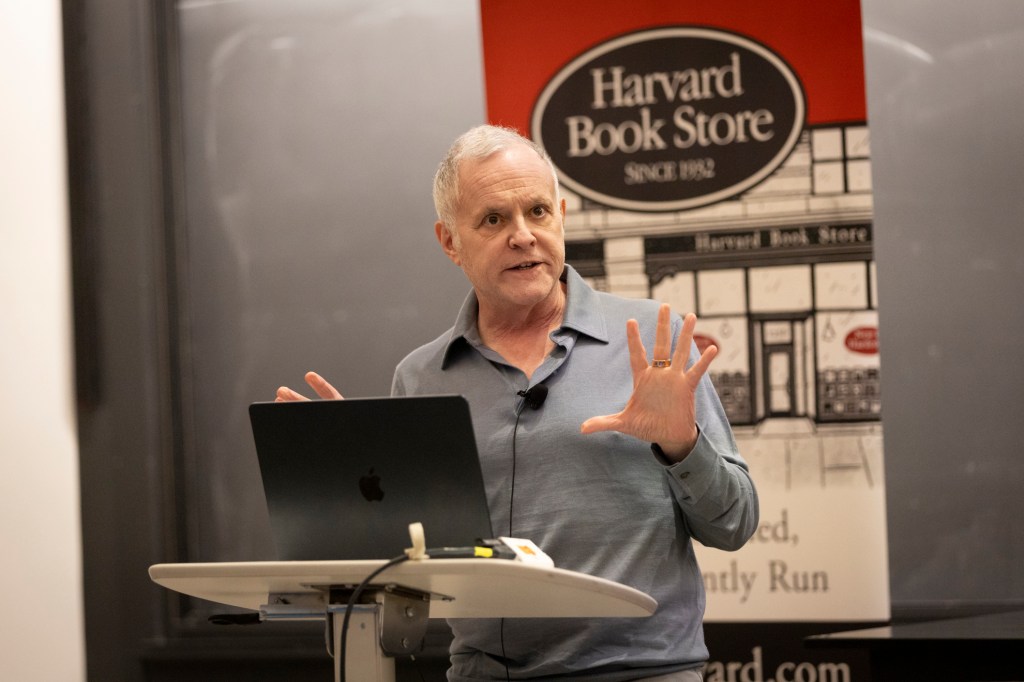
-
Bile imbalance linked to liver cancer
Key molecular switch identified, sheds new light on treatment interventions
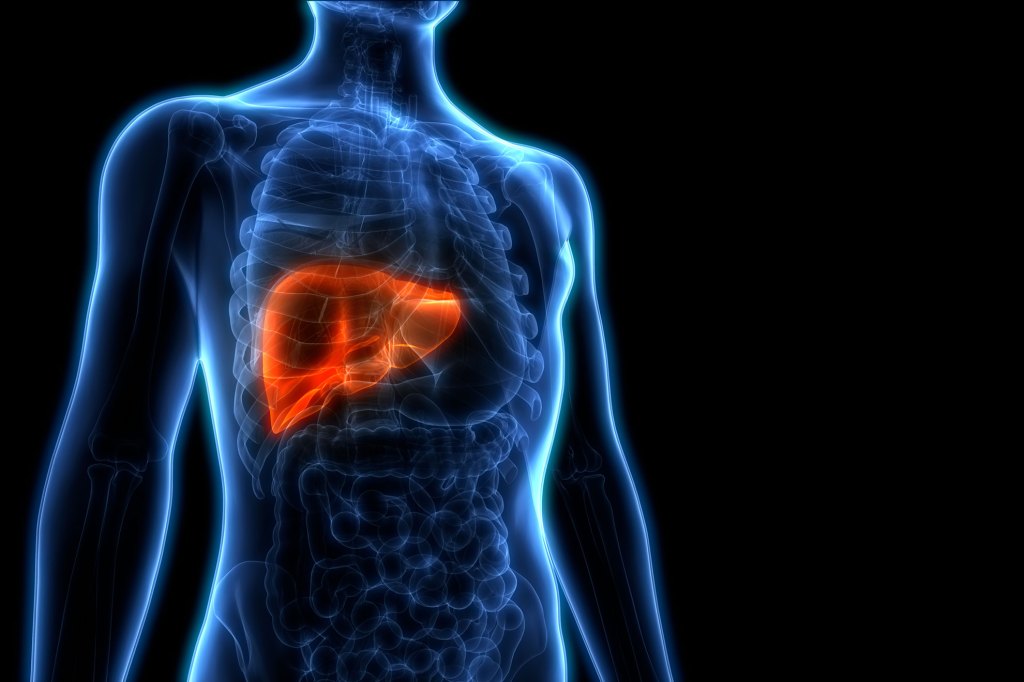
-
FDA-approved smoking cessation pill helps break vaping habit
Clinical trial shows teens and young adults had three times more success quitting than their placebo counterparts

-
U.S. pregnancy-related deaths continuing to rise
Study researcher says nation, which leads high-income peers in maternal mortality, needs better prenatal, extended postpartum care


